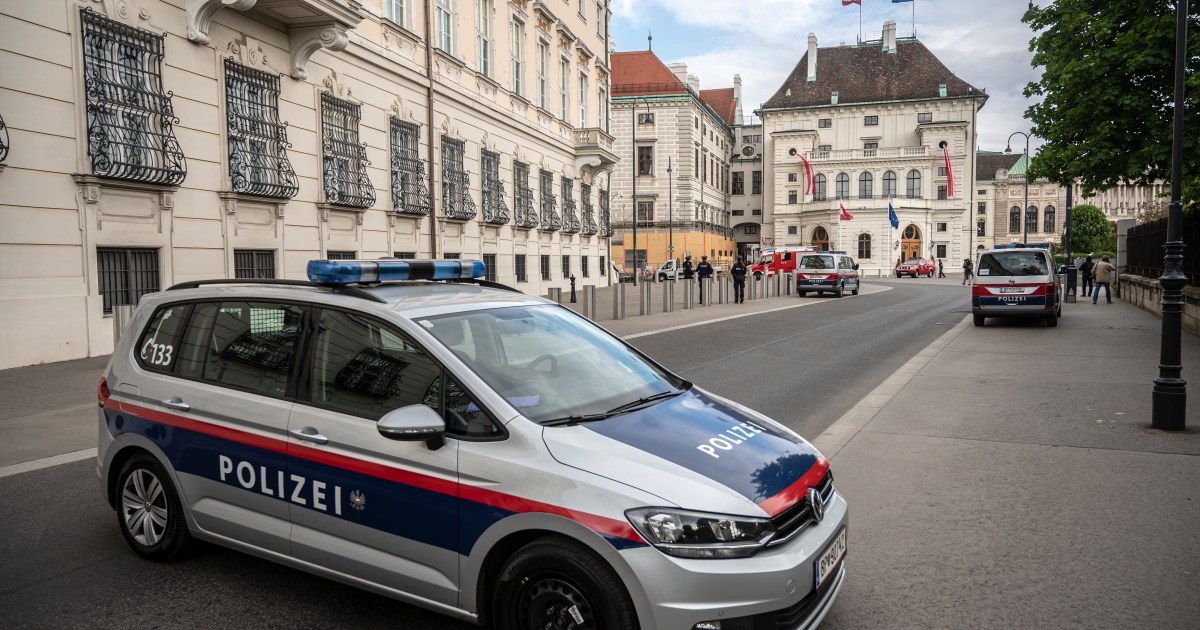Austrian police said that a Chechen opponent was shot dead near the capital Vienna, amid growing concern for the security of Chechen opponents in exile, who are opponents of the Kremlin.
The 43-year-old dissident, whom the authorities identified as "Martin B.", was found on Saturday killed by gunfire, the police announced today in a statement, noting that he had sought asylum.
Austrian newspapers said the incident was being treated as a possible political assassination.
For its part, the police said that they arrested two men from Chechnya (47 years and 37 years), one of them in Linz, 200 km from Vienna, to investigate them about the crime.
Police and prosecutors said that "the motives for the crime are still not clear." A prosecutor's spokesman confirmed that the dead man was opposed to the Chechen government.
The victim had presented evidence of a murder in Ukraine in 2017, the French Press Agency quoted the Ukrainian Interior Ministry as saying. In that crime, a man was accused of participating in a plan to assassinate Russian President Vladimir Putin, and his wife was killed.
A series of assassinations
The killing of the Chechen opposition follows a series of attacks and assassinations against former Chechen opponents and military personnel in exile, accusing the Kremlin of being behind many of them.
Last month, the German prosecution accused Russia of issuing an order to kill a former Chechen leader in Berlin last summer, and charged a Russian person with the crime that led to the deterioration of diplomatic relations between the two countries.
Last February, a Chechen blogger - an opponent of Chechen President Ramzan Kadyrov - repelled an armed attacker with a hammer.
Last January, a prominent Chechen dissident, Imran Aliyev, was found killed in a room in a hotel in the northern city of Lille, and investigations have stated that he was stabbed 135 times.
Chechnya is one of the Islamic republics within the Russian Federation, and more of its citizens have been deported to voluntary exile in recent years due to the pro-Kremlin rule of Ramzan Kadyrov, whom human rights activists accuse of repeated human rights violations.

